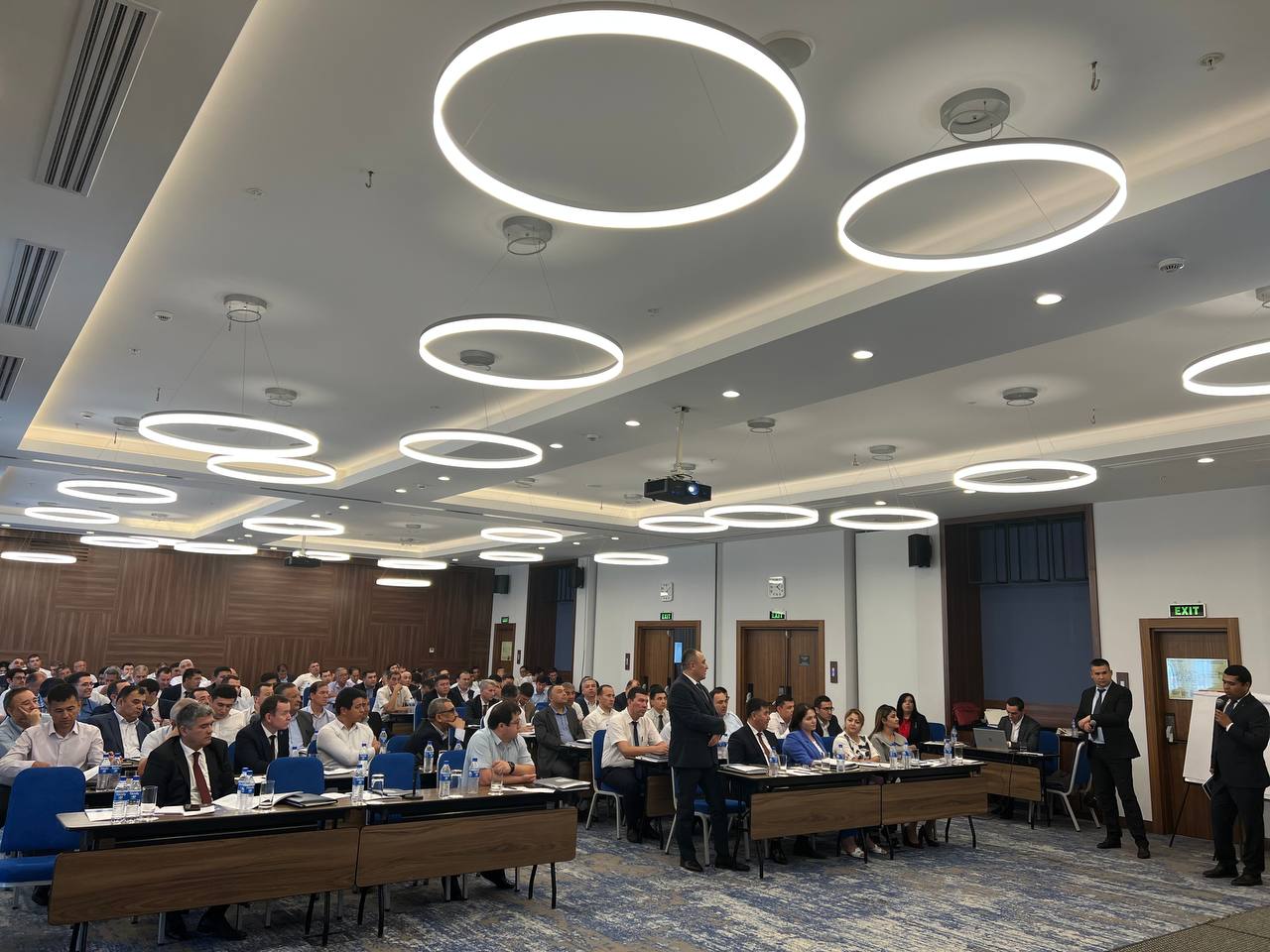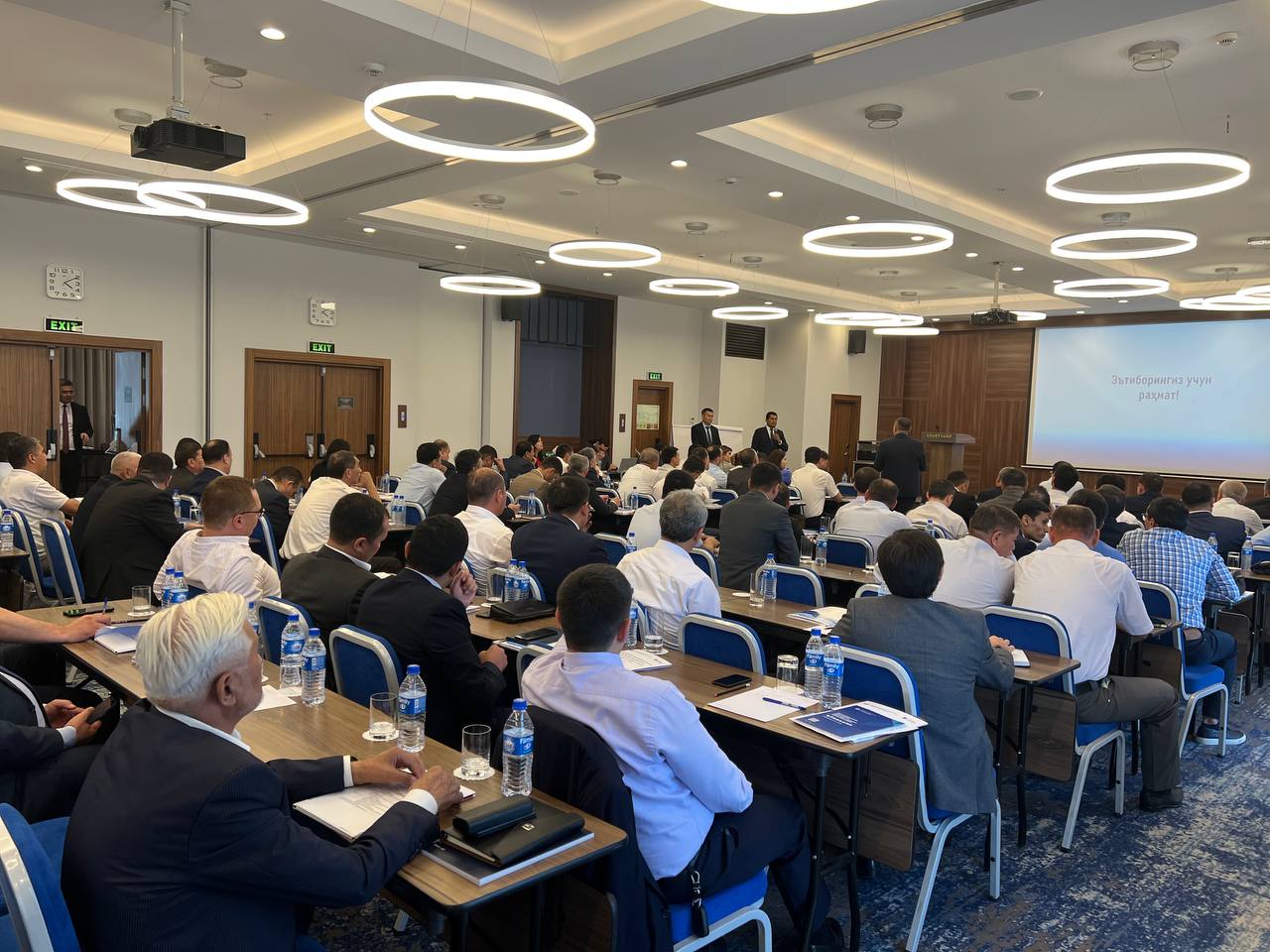The Anti-Corruption Agency performs the task of introducing the Internal Anti-Corruption Control Units into government agencies and organizations and is responsible for establishing their effective work.
In particular, in accordance with the Resolution of the President of the Republic of Uzbekistan of January 12, 2022 ‘On measures to introduce a rating system for assessing the effectiveness of anti-corruption work’, the Agency created a rating system for assessing the effectiveness of anti-corruption work.
Currently, the effectiveness of anti-corruption work in 24 government agencies and organizations is being analyzed on an experimental basis through E-Anticor.uz electronic platform.
The platform contains information on the work done by government agencies and organizations in the field of combating corruption in 2021 and for the first quarter of 2022.

In order to ensure the objectivity of the results of the rating, all data entered into the electronic platform by government agencies and organizations is also considered by an independent expert group.
Another important step in improving work in this area was the Resolution of the President ‘On measures to improve the mechanisms for eliminating corruption risks in public administration and expanding public participation in this area’, adopted on May 11, 2022.
In accordance with the Resolution, from September 1, 2022, the E-Anti-Corruption project will be launched on the E-Anticor.uz electronic platform, which provides for the mandatory identification and assessment of corruption risks in the activities of public authorities, including their territorial divisions, state unitary enterprises and institutions, organizations with a state share of more than 50 percent.
The Agency will form an ‘Electronic register of relations prone to corruption’ on ‘low’, ‘medium’ and ‘high’ scales, which will be openly published on the Internet. The practice of compiling corruption risk maps will also be introduced, including the description and level of identified corruption risks, as well as measures to eliminate them.
In order to ensure the timely and high-quality implementation of these important legislative innovations and their requirements, the Agency, with the support of the Regional Office of the Konrad Adenaur Foundation in Central Asia, organizes a training seminar on May 30-31 themed ‘Identifying Priority Tasks in Combating Corruption, Introducing Modern Tools of Preventing Corruption’.
The event becomes an active dialogue platform for more than 220 heads and employees of internal anti-corruption control units of ministries and departments, local governments.

It should be noted that at present, internal anti-corruption control units have been created in 117 government and economic management bodies, state enterprises and enterprises with a state share in the authorized capital, including banks.
In the first quarter of 2022, internal anti-corruption control units revealed financial errors and shortcomings in 22 government agencies and organizations for a total of 81 billion 561.1 million soums.
It follows that the activities of the internal anti-corruption control units in most government agencies are well organized and give positive results.
However, there are still many tasks to be solved and implemented in order to properly organize the activities of internal anti-corruption control units in all government agencies, increase their efficiency, and fully form the practice of assessing corruption risks.
For these purposes, the training seminar is organized, during which participants have the opportunity to gain the necessary knowledge to improve the efficiency of the internal anti-corruption control units, openly discuss common issues in their activities, exchange views on issues related to the implementation of regulatory documents and the assessment of corruption risks.
The experts make presentations on the correct assessment of corruption risks in the activities of government agencies, the identification and management of conflicts of interest, inspections of counterparties in the field of public procurement, internal inspections for corruption, the rating system for assessing the effectiveness of anti-corruption work and other important topics.
During the training, the participants receive comprehensive information on the theme, clarify issues of interest with the help of expert assistance, and openly discuss problems and shortcomings in the work.
Press Office
The Anti-Corruption Agency







